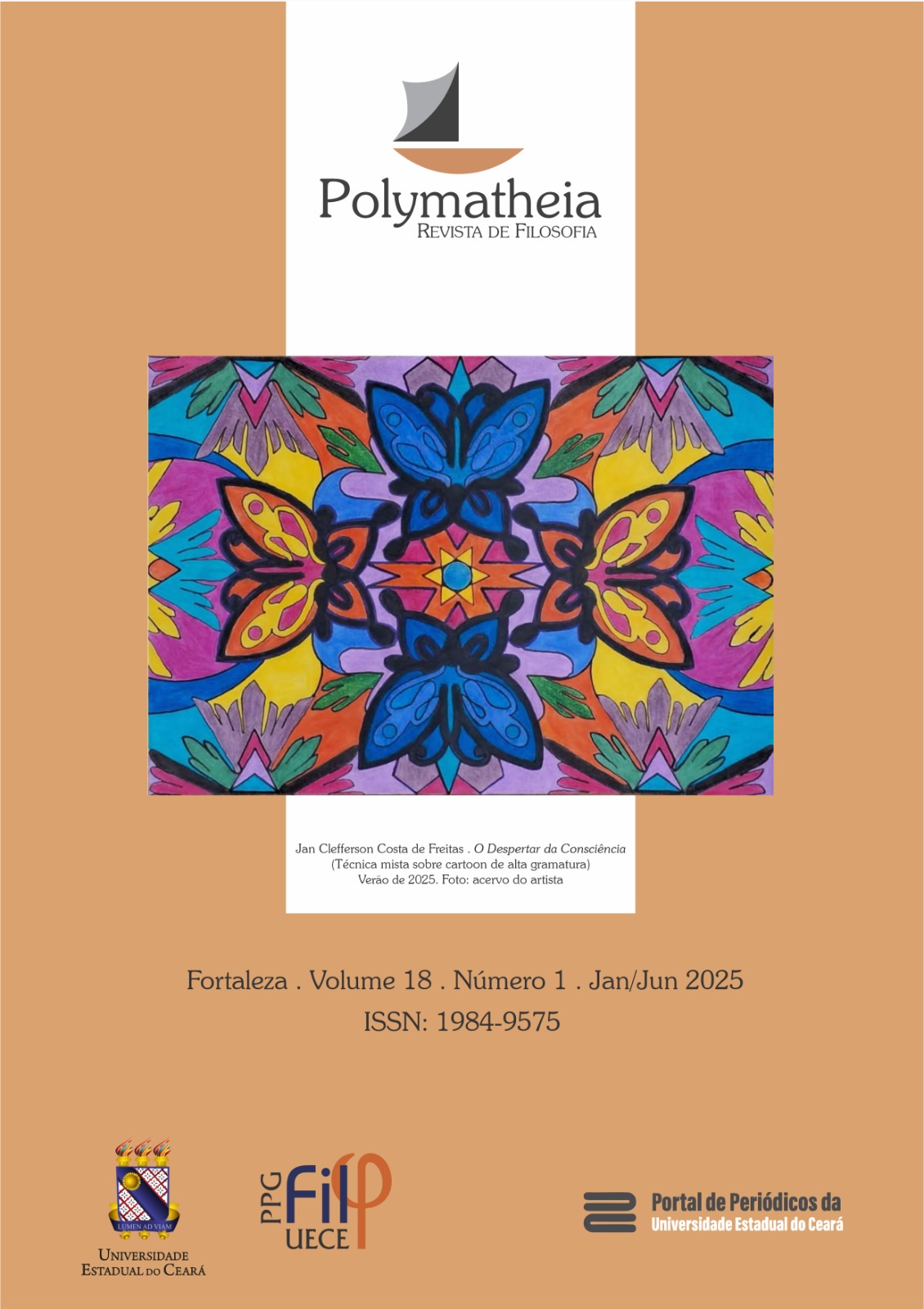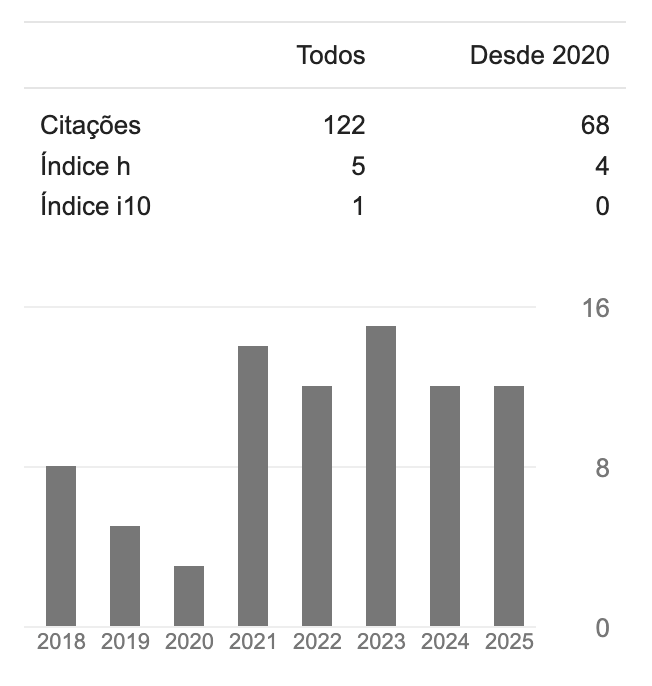Marx's Capital and Its Relevance to Today
DOI:
https://doi.org/10.52521/poly.v18i1.15577Palavras-chave:
Capital, capitalism, surplus value, economic inequality, globalizationResumo
Das Kapital, Karl Marx's classic, is an insightful analysis of how capitalism operates, exposing its exploitative nature and its internal contradictions. This paper explores key theses in Capital, including the concepts of surplus value, capital accumulation, and the alienation of labor, and evaluates their implications in the modern economic and social context. Through dialectical and historical analysis, the paper clarifies how Marx's thought retains its explanatory value for today's problems of globalization, economic inequality, and environmental crises. The results underscore that, despite the changing economic landscape, the core contradictions of capitalism that Marx pointed out persisted, requiring revolutionary solutions towards a more just society.
Downloads
Referências
Amin, S. (2018). Modern imperialism, monopoly finance capital, and Marx's law of value: Monopoly capital and Marx's law of value. NYU Press.
Barker, C. (2013). Class struggle and social movements. In Marxism and social movements (pp. 41–62). Brill.
Bello, W. (2006). The capitalist conjuncture: Over-accumulation, financial crises, and the retreat from globalisation. Third World Quarterly, 27(8), 1345–1367. https://doi.org/10.1080/01436590601027222
Burkitt, I. (2024). Emotional self-alienation and institutions: A Marxian approach to emotion and alienation in employment agencies and society. In Research handbook on the sociology of emotion (pp. 38–54). Edward Elgar Publishing.
Chapman, A. D. (2023). Marxism. The Autodidact’s Toolkit.
Cuong, N. D. (2024). The Evolution of Materialism from Democritus to Karl Marx. Kalágatos, 21(3), eK24077. https://doi.org/10.52521/kg.v21i3.14007
Dahms, H. F. (2005). Globalization or hyper-alienation? Critiques of traditional Marxism as arguments for basic income. In Social theory as politics in knowledge (Vol. 23, pp. 205–276). Emerald Group Publishing Limited.
Gonçalves, G. L., & Costa, S. (2020). From primitive accumulation to entangled accumulation: Decentring Marxist theory of capitalist expansion. European Journal of Social Theory, 23(2), 146–164. https://doi.org/10.1177/1368431018825064
Hanh, T. T., & Thanh, P. T. (2025). The influence of Hegel’s philosophy on Marxist philosophical thought. Kalágatos, 22(1), ek24006. https://doi.org/10.52521/kg.v22i1.14567
Howard, M. C., & King, J. E. (1988). The political economy of Marx. NYU Press.
Kien, P. T. (2025). Marxist philosophy and its influence on today’s world. Kalágatos, 22(1), ek25008. https://doi.org/10.52521/kg.v22i1.14712
Marx, K. (2018). Capital: Volume 1. Lulu.com.
Obregon, C. (2021). Today’s problems: In the minds of the great economists. [Publisher not specified].
Parthasarathy, B. (1994). Marxist theories of development, the new international division of labor, and the third world. Berkeley Planning Journal, 9(1), 1–22.
Reich, K. (2018). Surplus values- A new theory of forms of capital in the twenty-first century. University of Cologne.
Samuelson, P. A. (1971). Understanding the Marxian notion of exploitation: A summary of the so-called transformation problem between Marxian values and competitive prices. Journal of Economic Literature, 9(2), 399-431.
Sevcenko, V., Wu, L., Kacperczyk, A., & Ethiraj, S. (2022). Surplus division between labor and capital: A review and research agenda. Academy of Management Annals, 16(1), 334–390.
Silver, B. (2013). Theorising the working class in twenty-first-century global capitalism. In Workers and labour in a globalised capitalism (pp. 46–69). Palgrave Macmillan.
Thai, T. M. (2025). Marx and Ho Chi Minh on Educating the Young Generation: Ideological Values for the 21st Century. Kalágatos, 22(1), ek24009. https://doi.org/10.52521/kg.v22i1.14642
Downloads
Publicado
Como Citar
Edição
Seção
Licença
Copyright (c) 2025 Pham Kien

Este trabalho está licenciado sob uma licença Creative Commons Attribution 4.0 International License.











